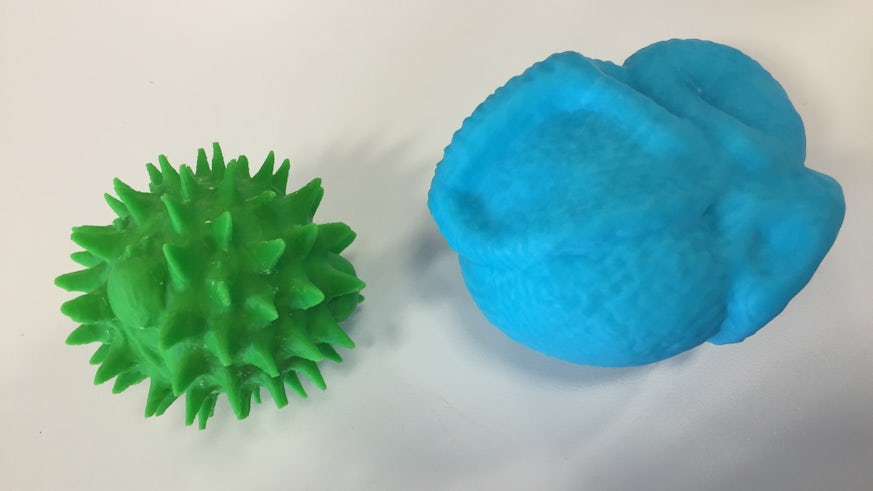Footprints in Time
28 July 2016

Ancient footprints and forests preserved on the Welsh shoreline are shedding light on past coastal communities and helping young people understand the impact of climate change.
Footprints in Time - a new engagement project from Cardiff University’s School of History, Archaeology and Religion with partners Tidal Lagoon Power Ltd - gives young people in south Wales the opportunity to investigate past, present and future coastal environments in their local area.
Investigating real human footprints and pollen samples from now submerged landscapes, participants can get hands on experience of the lives of ancient people, and understand how our ancestors dealt with rising sea levels.
As well as contributing to current research, the young people will explore whether the history of coastal changes can inform our own experiences of climate change and how we have moved from physical footprints to carbon footprints.
Project lead Rhiannon Philp, whose PhD is investigating the impact of prehistoric sea level change, explained the significance of the project: “Footprints in Time is bringing current university research into the classroom. We want to raise awareness of climate change – past and present and our human responses to it.”
“Using hands-on workshops, the project is aiming to engage participants in subjects that they might not have known about previously and to show how a multidisciplinary approach can improve our understanding of human experience.”
In an innovative collaboration, the team is also working with Dr Tony Hayes of the University’s Bioimaging Unit in the School of Biosciences to create intricate 3D printed representations of prehistoric pollen grains using confocal laser scanning microscopy.
The prints are used as a tool for teaching and engagement and will be on show at the University’s tent at the National Eisteddfod in Abergavenny, which runs from 29 July-6 August 2016.
Footprints in Time is funded by Cardiff University’s City Region Exchange Programme, which promotes and supports academics' engagement with city region agendas, and with a range of external partners on projects that seek to advance regional social and economic development.
City Region Exchange is part of Cardiff University’s Transforming Communities programme, which works with communities in Cardiff, Wales and beyond in areas including health, education and wellbeing.
